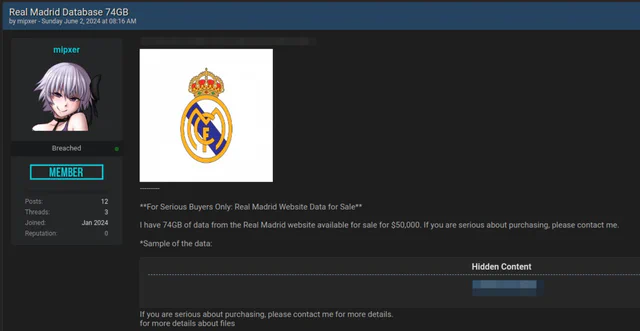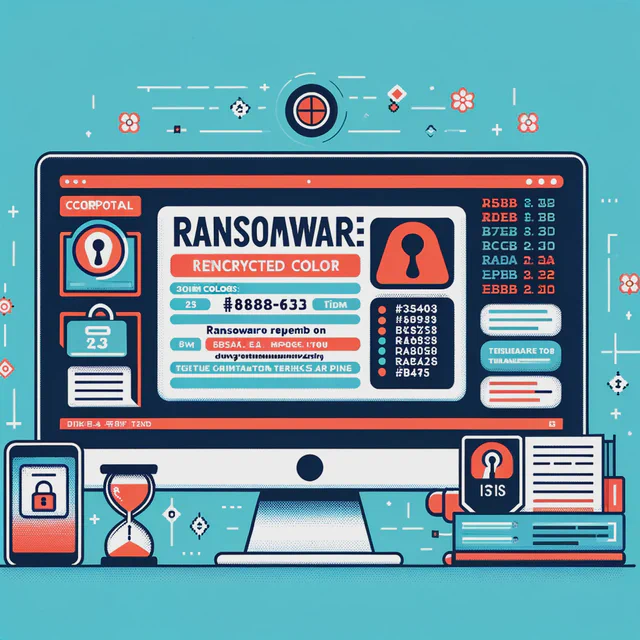Currently, all companies, including small and medium-sized enterprises (SMEs), face a growing threat: data breaches. Daily news reports highlight new data thefts by criminals, who subsequently sell sensitive and confidential information.
For SMEs, these breaches represent a significant risk to the confidentiality of their information.
Why Are Data Breaches a Risk?
Data breaches expose critical information such as customer data, financial records, and intellectual property. Even the incident itself can have devastating consequences for an SME, including:
- Fines: Data protection regulations, like the GDPR in Europe, impose severe fines on companies that fail to adequately protect customer information.
- Legal liabilities: Data breaches can lead to costly lawsuits and litigation if customer data is compromised.
- Loss of trust: Trust is a fundamental pillar for any business. A data breach can erode customer trust, negatively impacting the company’s reputation and ultimately, its sales.
Sale of Stolen Data on Internet Forums
Cybercriminals sell exfiltrated information to third parties on the dark web or forums. This information can include customer personal data, trade secrets, and intellectual property, which can be used to commit fraud, identity theft, or unfair competition.

The sale of stolen data not only perpetuates the cycle of cybercrime but also extends the damage caused by a security breach.
Consequences of a Data Breach in SMEs
For SMEs, which often lack the resources of large corporations to manage crises, the consequences of a data breach can be even more severe:
- Financial impact: Costs associated with responding to the breach, including fines, litigation, and remediation measures, can be unsustainable for an SME.
- Operational disruptions: The need to investigate and mitigate a breach can interrupt daily operations, affecting productivity and customer service.
- Reputational damage: Recovering customer trust after a breach can take years, if it is achievable at all.
As we discussed a few weeks ago, it is worth noting that 25% of organizations affected by a ransomware attack are forced to close within six months1, but for small businesses, the percentage increases to 60%2.
Who Suffers from Security Breaches?
Security breaches do not discriminate by size or sector. Any organization handling sensitive information is at risk. Large corporations often make headlines due to the volume of data compromised, but SMEs are equally attractive targets for cybercriminals. Reasons include:
- Fewer resources for defense: SMEs often lack the necessary resources to implement robust security measures.
- Outsourcing services: Dependency on external providers can introduce additional vulnerabilities.
- Perception of lower risk: Attackers sometimes assume that SMEs are less likely to detect and quickly respond to an attack.
Double Extortion in Ransomware Attacks
A technique increasingly common among cybercriminals is double extortion in ransomware attacks. This method not only involves encrypting the victim’s files, making them inaccessible, but also threatens to publicly expose the stolen information if the ransom is not paid within a specified period.

This tactic adds additional pressure on victims, as they face not only the loss of access to their data but also the risk of confidential information being published, further damaging their reputation and exposing them to potential legal sanctions.
Protective Measures Against Data Breaches
To mitigate the risk of data leaks, SMEs should prioritize the following protective measures:
- Continuous security audits: Regular security audits help identify and fix vulnerabilities before they can be exploited.
- 24/7 Monitoring: Implementing an endpoint monitoring service helps detect and respond quickly to any security incidents, minimizing the impact of potential breaches.
- Restricted environments: Implementing hardware and software asset control measures, such as using secure configurations, access control, limited use of administrative privileges, and continuous vulnerability management, helps maintain a reduced attack surface and basic hygiene to prevent being a victim of an attack.
- Data protection: Any additional data protection measures can help, from having a clear inventory of critical and sensitive data, using data encryption, access controls, or applying retention policies.
- Training and awareness: Educating employees on best security practices and how to recognize potential threats is crucial to prevent data breaches.
Conclusion
Data breaches are a silent but significant threat to the confidentiality of SMEs. The exposure of sensitive information not only brings financial and legal consequences but can also erode customer trust, affecting the company’s long-term viability.
Therefore, it is essential for SMEs to implement robust data protection measures, such as using DevSecOps methodologies, to mitigate these risks and ensure the security of their information.